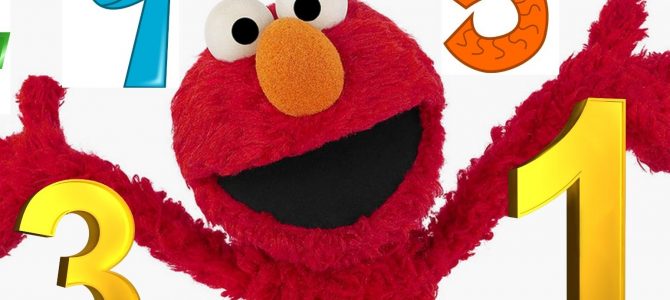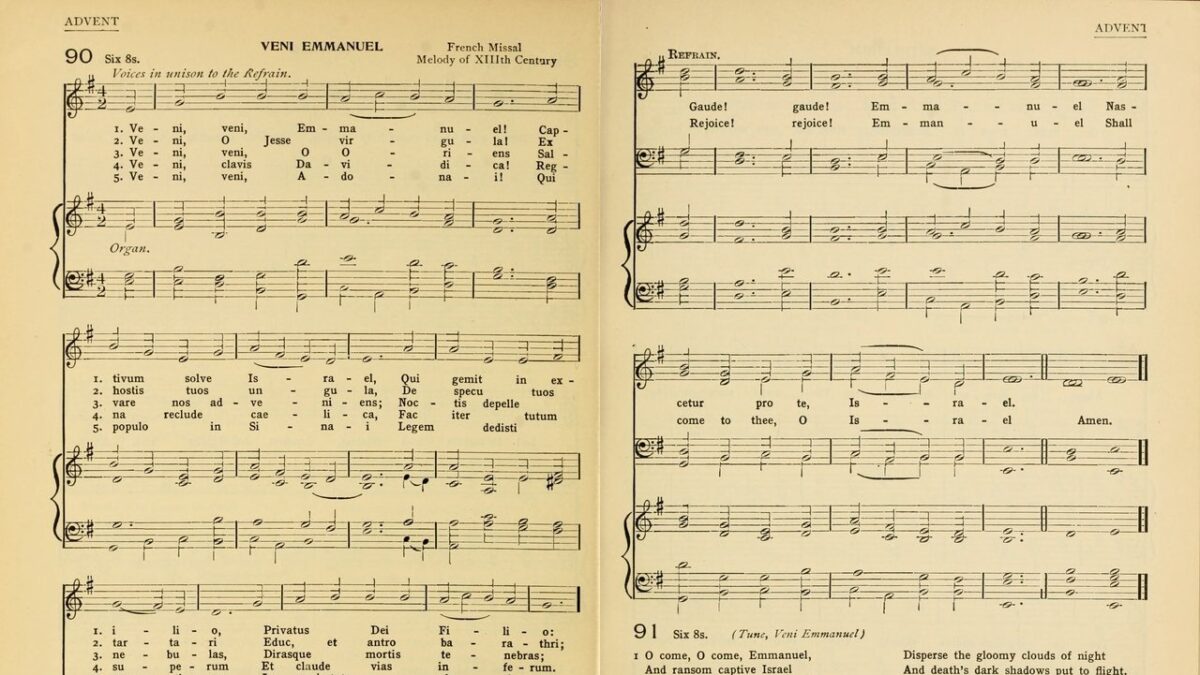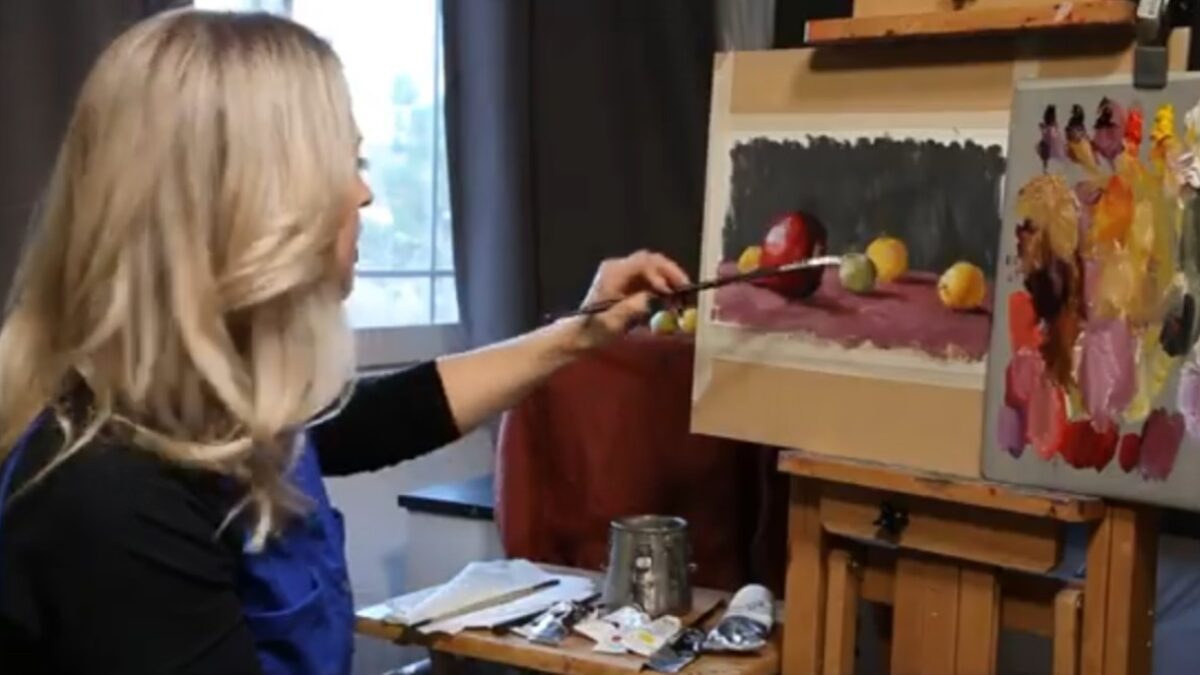
The Hill reports that the Trump administration is considering “dramatic” cuts to the budget — and aren’t they all — which includes defunding the National Endowment for the Arts (NEA), the National Endowment for the Humanities, and the Corporation for Public Broadcasting. The latter would be privatized.
I’m skeptical. But, as with the mention of any minor reduction in spending, we can expect the hyperbolic reactions and baffling arguments.
Caliber of stars at #WomensMarch compared to #Inauguration affirms once again that left owns arts & culture space. Why Trump seeks to defund
— Garance Franke-Ruta (@thegarance) January 21, 2017
Conservatives, you’ll notice, are always driven by resentment, while liberals by idealism. In truth, conservatives have wanted to defund the NEA forever because it uses their taxes to fund statements that demean their beliefs, not because Fiona Apple and Madonna — who somehow made it without the NEA — are at a Trump protest.
The NEA gets around $148 million a year. If this money is truly vital to prop up the nation’s cultural and ideological wellbeing, I’m sure there are good people willing to pitch in to privatize it. The Left “owns” the art space, after all. Maybe collect money at the next woman’s march? Maybe pass a hat around during the Golden Globe Awards?
“Shutting down National Endowments for Arts and Humanities isn’t about budget, tweets Dan Gillmor. “It’s about stomping out speech that annoys authoritarians,”. He later deleted and clarified the comment by saying “Art is inherently political, and it annoys — is often designed to annoy — the people in charge. That is part of why we need it.”
6) That is intolerable to authoritarians, who want to control pretty much everything. Arts are immediate targets of control freaks.
— Dan Gillmor (@dangillmor) January 20, 2017
If art is inherently political (it isn’t, but let’s go with it) why would liberals want Donald Trump to control its funding? Why wouldn’t the average free-thinking non-authoritarian want the state’s imprimatur removed from art, especially in a nation where there aren’t any limitations on free expression? What action could possibly undermine control freaks more than removing the state from the art business?
Of course, control is the very reason liberals love the NEA. That’s because the sort of art they fund occasionally “annoys” only a particular kind of person in America. And those people are rarely in charge even when Republicans are in the White House. The concern for free expression is contingent on the ideological message. If the NEA were staffed by social-conservative administrators who subsidized work with inherently political dissenting messages that included “abortion is murder” or “marriage is between a man and a woman” or “Islam is misogynistic,” the Left would be howling about how government shouldn’t be involved in art. And they’d be right.
In any event, though conservatives have traditionally been more annoyed by the NEA for funding hackneyed political statements that pose as art, they should not forget PBS. It takes in $445 million in taxpayer dollars each year so that millions of upper-middle-class Americans can watch “Masterpiece Theatre” without having to pollute their eyeballs with a fast food or car commercial.
At some point in the past, public funding for a culture-heavy network like PBS probably made sense, since there were only three major networks monopolizing the airwaves with their mediocrity. Today, most Americans have an array of affordable cultural and educational programming available on their televisions.
Moreover, forcing an American citizen to pay for speech he finds morally or ideologically offensive is an “authoritarian” act.
@karol @KevinNR @dangillmor I don’t want to fund napalm. It’s a big world, and we all have to be grownups in it.
— Matt Zoller Seitz (@mattzollerseitz) January 20, 2017
Now, I often see the argument made that Americans fund aspects of government that offend them, like the military. Although there are wide parameters within which we can debate the role and size of military spending, the Constitution dictates we have a national defense. Nowhere does the Constitution dictate that the state provide us with quality BBC period-piece melodramas commercial-free.
But PBS only gets around 15 percent of its budget from the government; NPR just a measly 2 percent!
Good, so NPR and PBS, both which do some excellent work, can survive. I’m sure there are sizable audiences for well-made documentaries and British dramas. Monetizing them should not be difficult. PBS stations themselves will have to raise more funds or find other creative ways to survive.
Maybe other non-authoritarian entertainment companies might help them. Take Sesame Street, a show “which champions fairness and equality,” according to CNN. It was canceled after 45 years. HBO continued to run the show and allowed new episodes to run free on PBS nine months later. I think our three-year olds will be okay with the delay.









